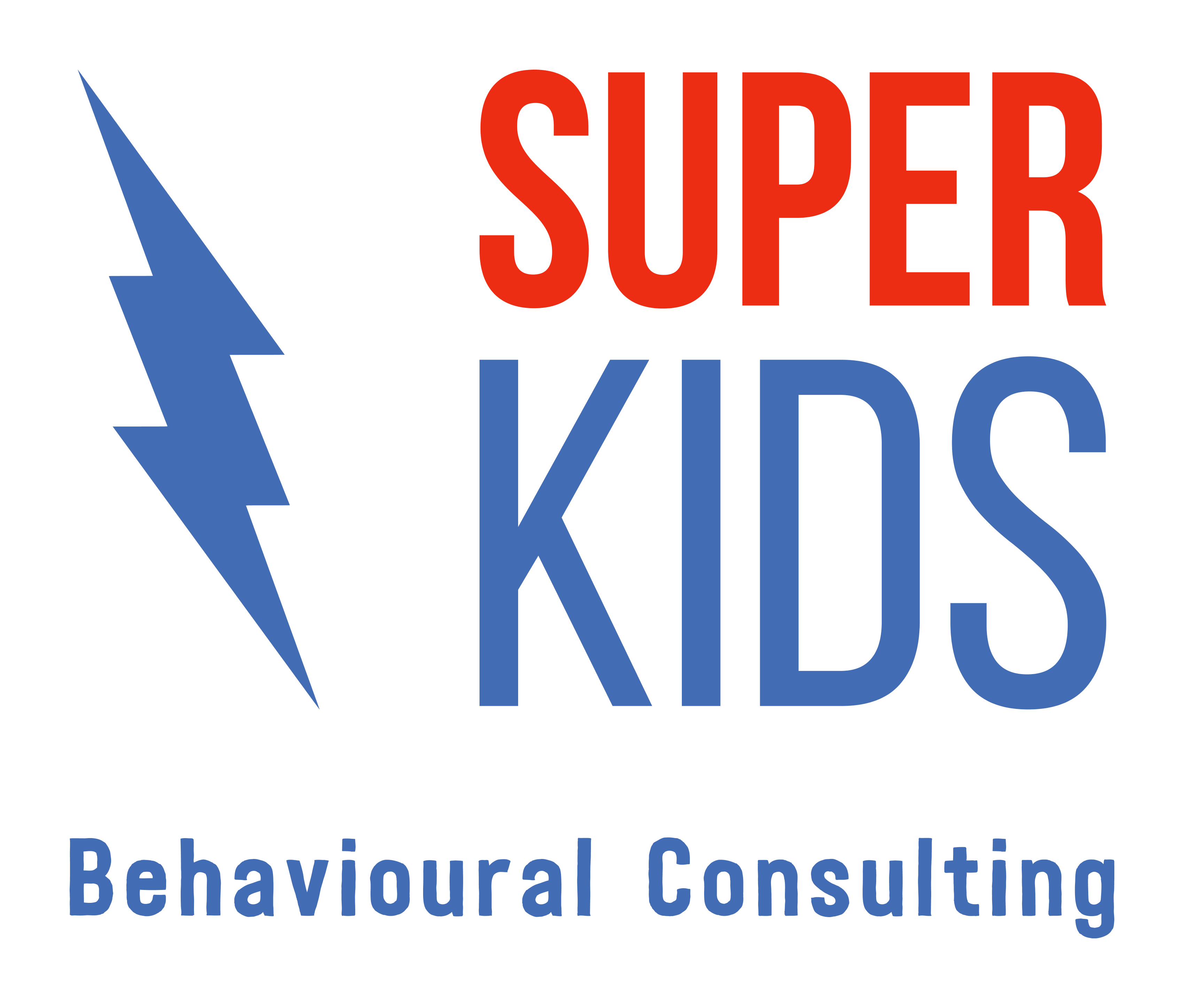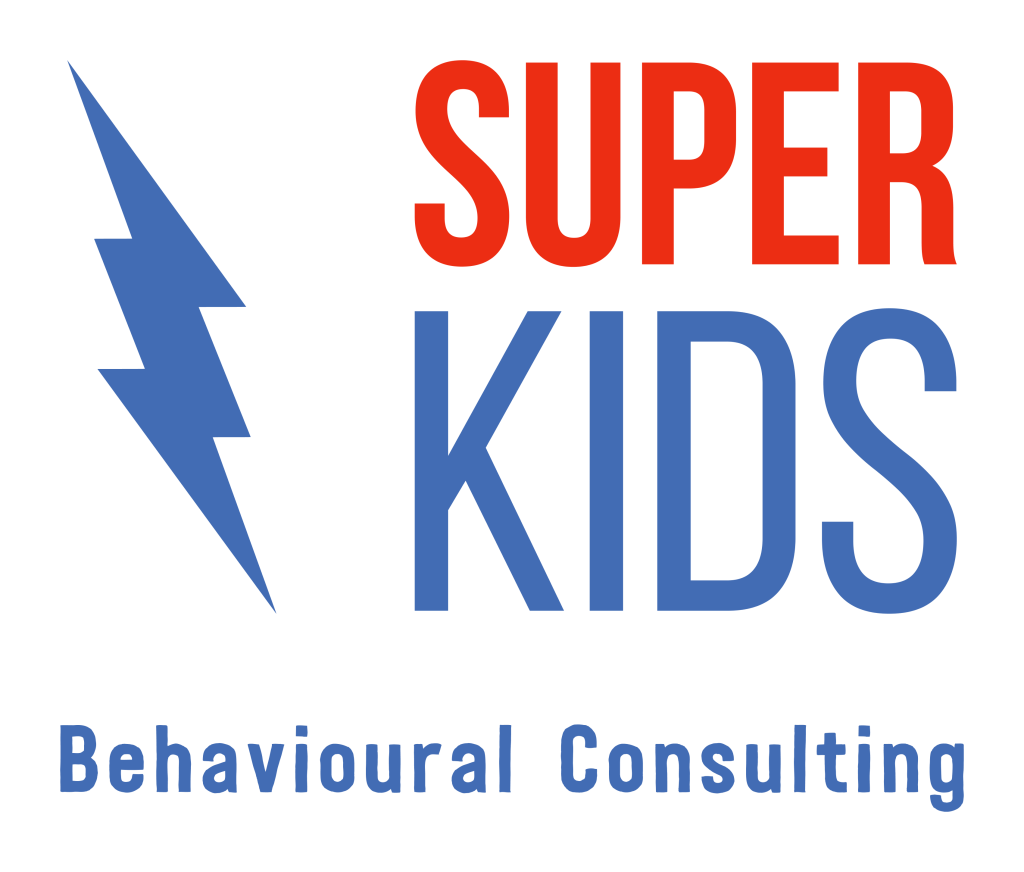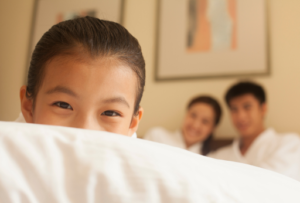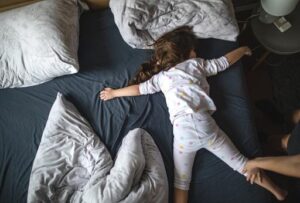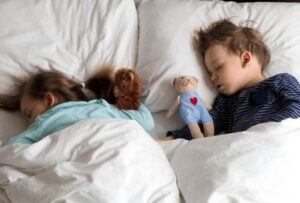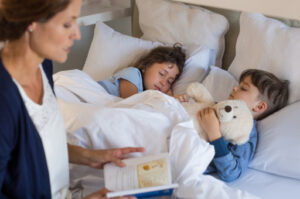5 ways to set up your child’s bedroom for a good night’s sleep

Anita Bennett-Stewart
Behavioural Sleep Specialist & Behaviour Consultant
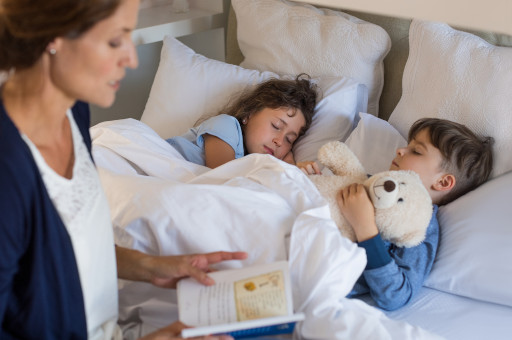
Sleep is critical for overall wellbeing and day-to-day functioning. It is very difficult for children (and their families!) to be their best selves if they are not sleeping well. The first step in helping your child have better sleep is for their bedroom to be quiet, dark and comfortable. These are my top 5 tips for setting up your child’s bedroom for a good night’s sleep:
- Maximise low-lighting
Reduced lighting before bed and a dark room supports healthy sleep. When setting up your child’s bedroom, avoid bright lights such as nightlights on their bedside table or light-up toys. Blackout curtains can help block sunlight in the early morning or light from the street outside.
- Cool, comfortable temperature
A cooler, comfortable temperature can support us to sleep better. It is generally recommended to aim for a bedroom temperature around 18 degrees Celsius. It is however important to be mindful that your child is comfortable overnight, and so choose pajamas and bedding that are suitable for your child in the cooler temperature.
- Calming toys and activities
Exciting toys and activities before bed can make it difficult for children to fall asleep. In the evening before bed, begin a ‘wind-down’ routine where your child plays with calming toys and activities, such as reading a book or drawing. Avoid screen time in the 1 hour before bed and avoid having electronics such as tablets and TVs in your child’s bedroom.
- Reduce outside noise
Changes in noise overnight can cause children to wake up. Aim to reduce household noise once your child has gone to bed. If the sound is beyond your control, try sound blocking strategies such as a white noise machine or draft stopper under the bedroom door.
- Keep it consistent
Lastly, it is important to keep the bedroom set-up the same from the start of the night through the night until wake time. If the bedroom set-up changes, such as sunlight entering the room, it may cause children to wake overnight and have difficulty falling back asleep. Keep the bedroom set-up consistent the whole night, every night.
If your child continues to have sleep difficulties, reach out to a trusted professional for further advice and support.
Disclaimer: The advice in this article is general in nature. If your child experiences sleep difficulties, reach out to a trusted professional for further individualised advice and support.
Super Kids acknowledges each individual’s personal preference to use identity-first or person-first language to describe themselves or their loved one. We interchangeably use both language conventions and therefore refer to both Autistic children and children with Autism.
